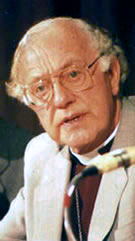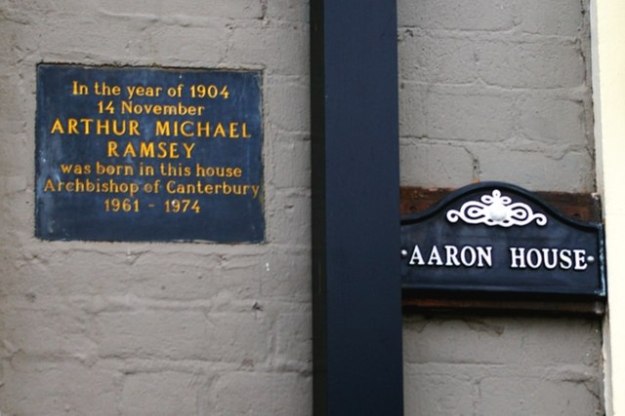John Mortimer, in an interview with the then Archbishop of Canterbury, Doctor Robert Runcie, asked the question, “To get back to God . . . . would you like Him, if you were really to know all about Him?” To which Robert Runcie candidly replied, “Jeremiah shook his fist at God and asked Him what He was about. I do not believe that prayer is necessarily peaceful. It may mean arguing with God.” Harry Williams in Someday I’ll find you tells of his struggle with God and in the course of the battle being reminded of Yeats’ line: Hatred with God may bring the soul to God. “God,” Williams says in language less refined, “will never push off, however much you tell Him to, even if He remains in the wings and returns every now and then with His filthy magic.”
As the Old Testament Book of Exodus tells it, God warns Moses he will not see “the dazzling light of His presence”: in other words, God’s face. God does not allow such an intimacy, does not permit what Moses seeks – to see His glory. The privilege is confined to seeing only His back, not because we might drop dead at the sight of his face, but because we are following Him. From that position we feel free to express our rebellious emotions, to shake our fist at Him, thumb our nose at Him, tell Him to push off!
Reference: Exodus 33: 18–23
A rebel’s prayer
Lord God, it helps us to know you understand us, even in our dark and rebellious moods. If you didn’t we might as well let go the little faith to which we cling. Just as well you are patient with us. The mood affects our attitude to you and you do not always come off best.
In spite of our good intentions and our promises to love you, to be true to you, never to doubt you, sometimes we hate you, turn our backs to you – curse you.
God we are a bundle of contradictions trying hard to please you; failing miserably, sometimes hating ourselves for it, at times indifferent – couldn’t care less.
Praise be! You don’t hold it against us, never abandon us, always love us. Be patient, absorb our anger and never let us go. Amen.

